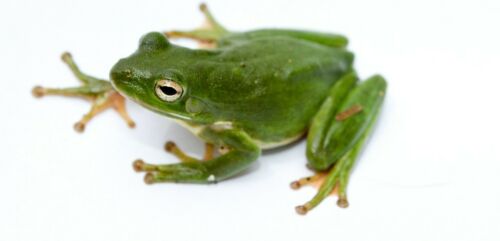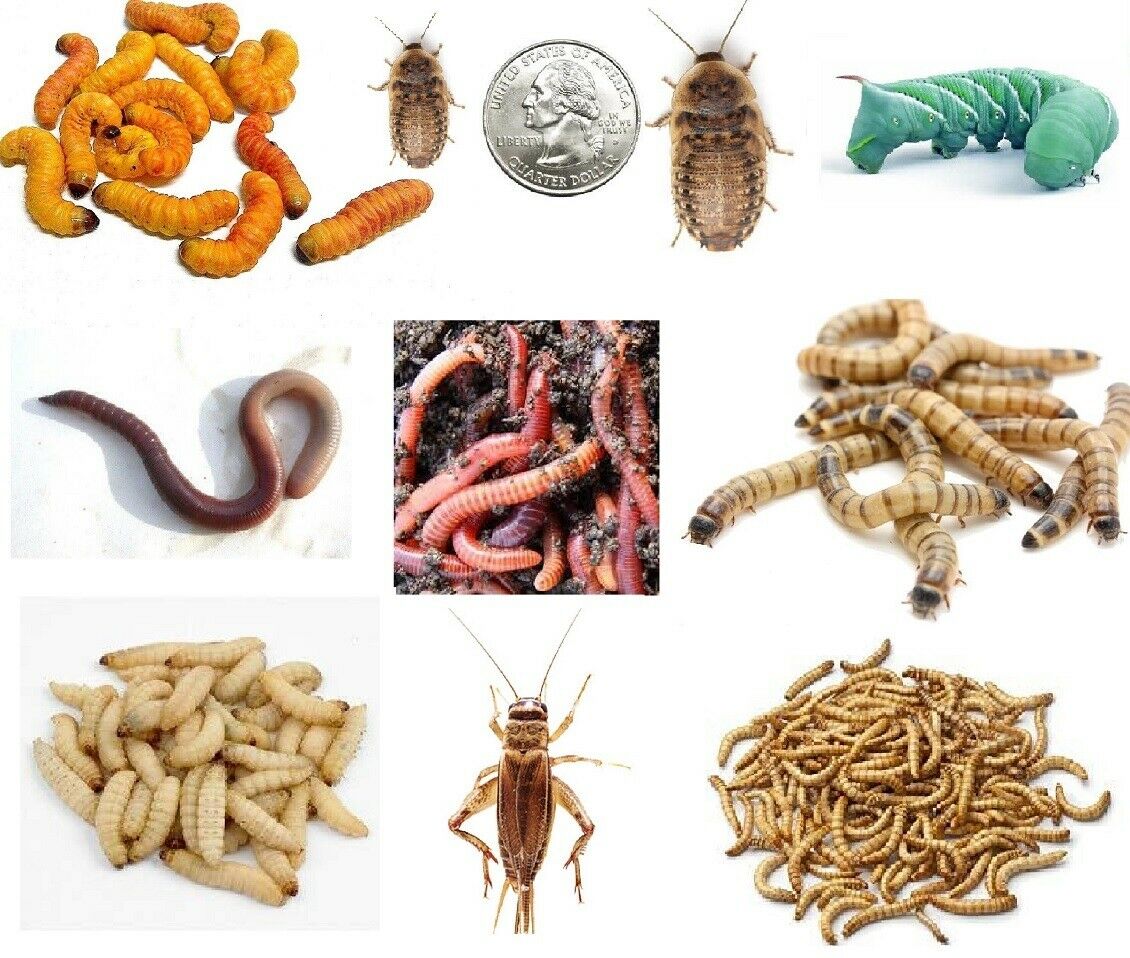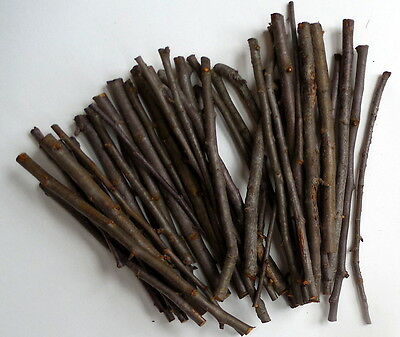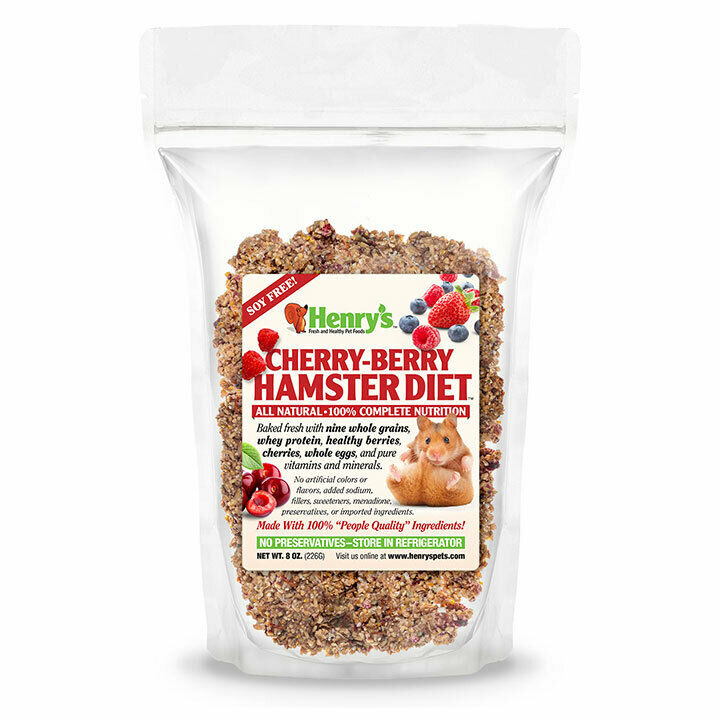-40%
Live American Tree Frog Green 1"-2" Feeder Bait Live Pet OVERNIGHT SHIPPING
$ 7.91
- Description
- Size Guide
Description
Frogs make wonderful pets for people of all ages but species vary considerably in size and activity.Average Size Shipped - Varies, but generally between 1" to 2".
Frogs require a relatively simple setup. Proper moisture is critical - 10 to 20 gallon enclosures work for most species.
Frogs are generally sturdy under proper conditions & long lived (between 4 to 15 years depending on species).
In general, frogs are not for handling.
Main staple diet of crickets, earth worms, silk worms, roaches, superworms & night crawlers are easily obtained
- Frogs can not be properly sexed before shipping out.
All orders must be shipped Over night shipping to ensure Alive on Arrival.
If you have any DOA (dead on arrival) frogs you must message me within 2 hours of delivery and take 3 pictures for any kind of refund. All packages are insured.
Care Sheet For Frogs
There are well over 4,000 species of Frogs on the planet and they contain some of the most fascinating creatures of any amphibian genus. There are dozens of Frog species which are incredibly popular with reptile hobbyists. This care sheet is designed to provide information on caring for Frogs in general. There are some differences between the variety of Frogs that we carry so please keep in mind that this is a single care sheet providing a basic outline of how to keep your Frog happy and healthy.
Housing
Baby and juvenile Frogs can be set up in an enclosure as small as a 10 gallon (20" x 10" x 12"H) but adults should be housed in a larger enclosure of 20 gallons (30" x 12" x 12"H) depending on their full adult size and whether they are arboreal or terrestrial. Some Frog species can be housed together and some can only be housed alone. Some Frogs are escape artists, so a secure screen top is definitely advisable to keep your Frog from escaping the enclosure.
Substrate
Substrate choices vary by species. Most people use a mix of these beddings: coconut fiber, such as Zoo Med Eco Earth; cypress mulch, such as Zoo Med Forest Floor; Big Apple's Imported Premium Grade Sphagnum Moss; and peat moss. Some people find that moist paper towels work well too, and are convenient for easy clean up in small enclosures.
Heating
Frogs need a thermal gradient which varies by species but consists of a warm side around 85° Fahrenheit and a cool side around 76° F.
Lighting
Frogs in general should have UV light to keep them healthy.
Shelter
Frogs do not need a specific hiding place per se but they do need decor items that they can utilize to feel secure.
Shedding
Like all reptiles and amphibians, Frogs shed their entire skin all at once. Providing a moist shelter or shed box is an effective way to ensure your Frog has the humidity necessary for shedding. The create a shed box, add moistened Big Apple's Imported Premium Grade Sphagnum Moss or Zoo Med Forest Floor Bedding to your Frog’s hide box. If your Frog has retained skin after shedding you can place the Frog in a plastic container lined with warm, wet paper towels with the container lid on. The high humidity in the container should loosen the skin enough for it to come off on its own.
Water
It is essential that you provide your Frog with a large water bowl. The bowl should be large enough that the Frog can soak its entire body in but not so big that it might have a difficult time getting in or out of the bowl. Place the water dish on the cool side of the cage so that it does not evaporate quickly. Please note that Frogs often use their water bowl to defecate so plan to change water daily. If you use tap water you must use a dechlorinating product such as Reptisafe Water Conditioner. Other options are purified or filtered water. Most Frog keepers say the best water to use with Frogs comes from water that has been run through a reverse osmosis filtration system. Do NOT use distilled water.
Food
Frogs eat mostly what is in front of them but this does vary by the species. Most Frogs enjoy crickets, earth worms, silk worms, waxworms, night crawlers, roaches and superworms.
Cage Maintenance
Frogs require minimal maintenance. The bedding should be completely thrown out and the entire cage, including all accessories, should be washed with hot water at least once every four to five months. If using paper towels, change all paper towels at least once a week. Do not use cleaning chemicals of any kind as Frogs are particularly sensitive and this could cause serious ramifications for your Frog.
Hibernation
Hibernation is natural for some Frogs but we highly suggest that you heat your Frogs throughout the winter so that they continue to eat, drink and be active. A general reduction in feeding behavior is normal during winter months due to temperature fluctuations in your house. As long as they keep fairly consistent weight it is generally not an issue and normal feeding typically resume in the spring.








